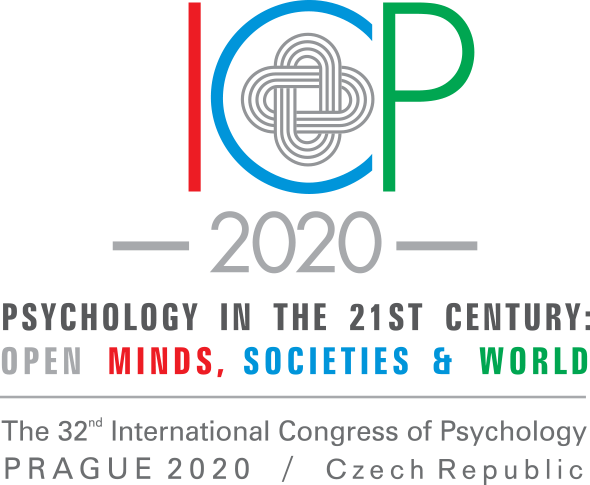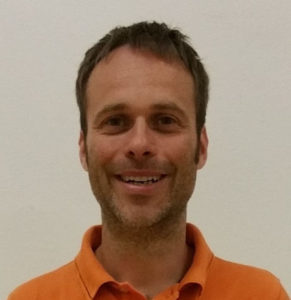

Psychology of Prevention and Intervention Working Group


Roman Gabrhelík
Chair
Department of Addictology, 1st Faculty of Medicine, Charles University

Oĺga Orosová
Vice Chair
Pavol Jozef Šafárik University in Košice, Faculty of Arts, Slovakia
Group Members:
- Margarida Gaspar de Matos, Portugal
- Tony Wainwright, United Kingdom
- Kateřina Lukavská, Czech Republic
Prevention science aims to provide an integrative understanding of human nature, individual differences between people, and the psychological structures and dynamics that characterise the individual. Psychology is the science of mind and behaviour, including maladaptive behaviour (e.g., substance use problems, sexual health and teenage pregnancy, HIV/AIDS, violence, accidents, suicide, mental ill health, delinquency, obesity, diet/nutrition, exercise etc.). In order to understand why maladaptive behaviours occur, how to reduce them and how to promote adaptive behaviours, prevention science draws on psychologyi nfancy through adulthood.
Psychology provides important insights to a trans-disciplinary “endeavour to consider aetiology, epidemiology, intervention design, effectiveness and implementation for the prevention of a variety of health and social problems.
Core topics:
- theory- and evidence-based prevention interventions and implementation in practice (development, effectiveness, translational research, inspirational research methods),
- promoting institutional, community, and government policies (to further promote physical, social, and emotional well-being of the larger communities),
- psychologists & education, training, supervision, and consultation (increasing awareness, knowledge, skills, and adherence to ethical standards that are essential to prevention)
- the consequences of prevention (e.g. social, educational, occupational, well-being and health-related outcomes).
text